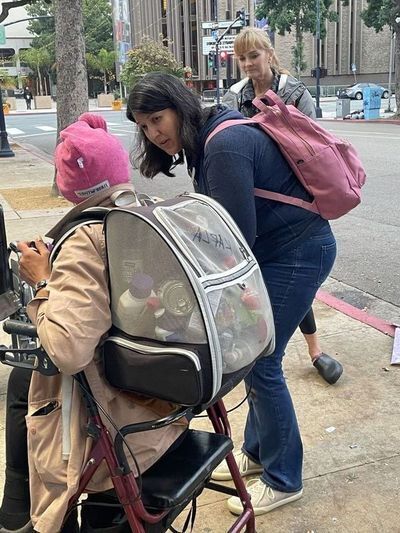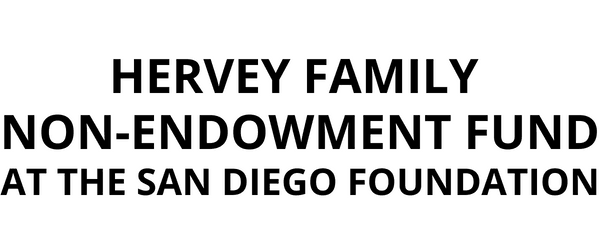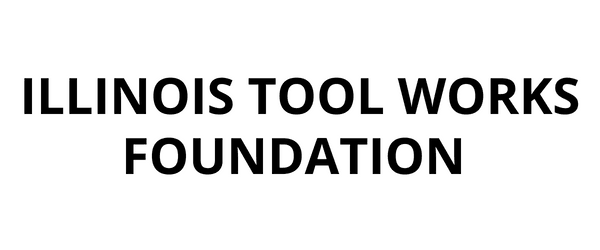Contact: Gayle Lynn Falkenthal, APR, Fellow PRSA
619-997-2495 or gfalkenthal@gmail.com
Serving Seniors Expresses Disappointment in Supreme Court Ruling Allowing Criminalization of Homelessness

June 28, 2024 - Serving Seniors joins leading nonprofit organizations and housing experts in expressing disappointment in today’s U.S. Supreme Court ruling overturning a lower court case, allowing local governments to criminalize homelessness.
In a 6-3 vote, the Supreme Court struck down the Ninth Circuit Court of Appeals ruling in the case of City of Grants Pass, Oregon v. Gloria Johnson. which ruled laws in Grants Pass making in a crime to sleep outside if no inside space is available were illegal based on Eighth Amendment protections against “cruel and unusual punishment.”
Officials in Grants Pass and elsewhere, including in the City of San Diego, successfully fought the Ninth Circuit ruling seeking the ability to regulate, arrest and jail unsheltered people.
“We’re dismayed to learn of today’s ruling,” said Paul Downey, CEO of Serving Seniors. “Homelessness is a housing problem, not a criminal justice issue. Turning people who cannot afford housing due to causes largely beyond their control into lawbreakers will not solve this problem. Instead, it will only increase serious social and economic costs for our communities.”
The Reality of Homelessness: Contrary to common misconceptions, homelessness is not a choice. It is a complex societal issue directly attributable in large part to the lack of affordable housing.
Serving Seniors filed an amicus brief with the Court along with hundreds of organizations strongly advocating for the Ninth Circuit's decision to remain in place. Its position as advocates working with people experiencing homelessness rejects the effort to criminalize homelessness. Instead, it endorses supportive housing models as the only humane, effective, and economically sensible solution to homelessness.
In the original amicus brief, the signatory organizations argue that homelessness is tied to high rents and low vacancy rates, due in large part to housing scarcity.
Economic and Social Costs: The brief argues criminalizing unsheltered individuals for sleeping in public places lacks justification due to outcomes including the considerable social and economic costs of such measures. It stresses that alternatives such as supportive housing not only alleviate homelessness, but also reduce public spending on jails, emergency services, and other social services.
Supportive Housing Is a Proven Solution: When housing is combined with essential supportive services, homelessness can be reduced with lasting solutions while decreasing its impact on communities where it occurs. This model offers a dignified path out of homelessness, while also resulting in significant cost savings by reducing the need for emergency shelters, jails, and hospitals.
Serving Seniors' Role: Serving Seniors exemplifies the on-the-ground impact of these nonprofit efforts. Specializing in serving older adults at risk of homelessness and experiencing homelessness, Serving Seniors demonstrates the potential for supportive housing programs to foster stability and transform lives, especially among the fastest-growing segment of the unhoused population: seniors.
Serving Seniors extends its appreciation and thanks to the law firm of McCarter & English, LLP for its expertise in composing and filing the amicus brief.



























